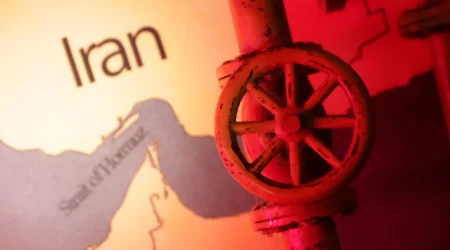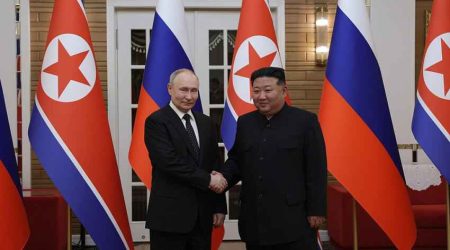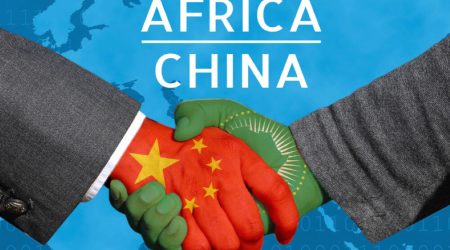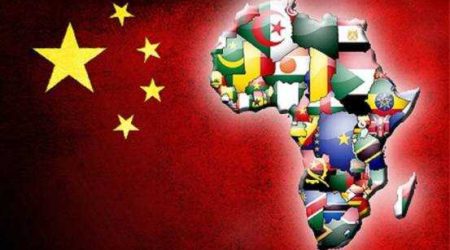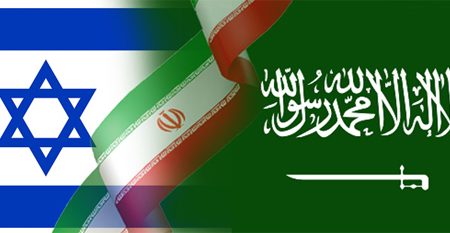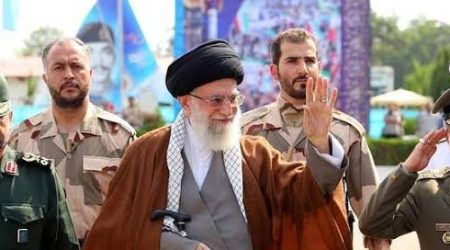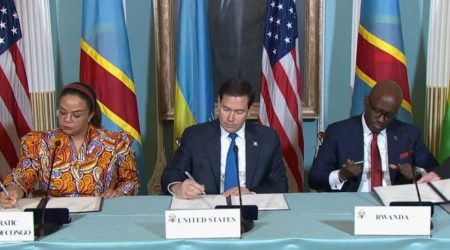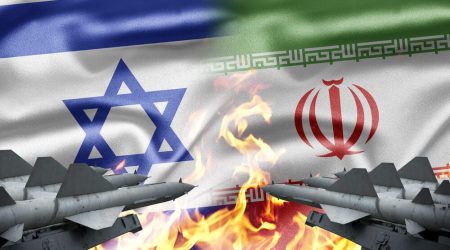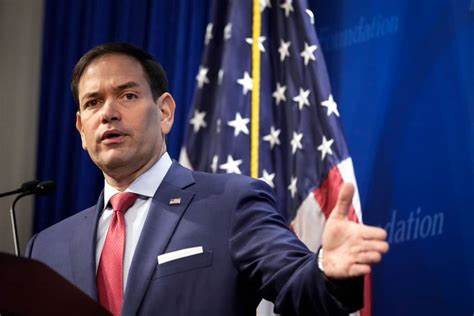
5
May
Recalibrating American Diplomacy: Rubio’s State Department Overhaul and the Horn of Africa
When Senator Marco Rubio introduced his plan for a more streamlined and strategically oriented U.S. State Department, he declared his intention to “drain the bloated, bureaucratic swamp,” aligning American diplomacy with the “America First” philosophy. In recent days, the details of the reorganization are becoming clear. It includes an approximately 15 percent reduction in U.S.-based staff, the elimination or merger of offices and bureaus, and a renewed focus on addressing “emerging threats”. However, the implications of this so-called “recalibration” will be far-reaching, including the Horn of Africa, where American diplomacy has had an enormous significance in shaping the politics of the region.
Rubio’s proposal is being presented as a phased, logical “right-sizing” rather than an abrupt layoff or a wave of embassy closures. According to official fact sheets, no foreign posts have been ordered to close, and the Bureau of African Affairs will likely remain intact despite early, widely circulated rumours of its possible elimination. The reorganization will shift some human-rights and conflict-monitoring portfolios into broader regional bureaus, diluting specialized expertise in areas such as conflict and refugee affairs. For diplomats used to a well-staffed Africa Bureau advocating targeted programs, these changes suggest a quieter and less active approach.
In the Horn of Africa, American embassies have traditionally served as more than just ceremonial venues. They function as strategic centres for crisis monitoring, security management, and as intelligence hubs. By only maintaining physical posts but reducing diplomatic staff, the reorganization risks undermining these essential functions. Fewer desk officers mean less capacity for on-the-ground analysis and engagement. Without dedicated personnel, the US may lose its ability to keep up with the evolving dynamics of the critical region.
And as Washington consolidates offices back in Foggy Bottom, the rapid exchange of intelligence, development updates, and policy recommendations may slow, weakening the ability to pre-empt emerging threats or to proactively shape regional politics.
A strong U.S. intelligence presence in Africa is largely reliant on its diplomatic network. Embassies often serve as the sole secure locations where CIA station chiefs and counterterrorism attachés can operate openly. Shutting down these posts, or even reducing their staff, could push covert operations into makeshift setups or hostile settings. Experienced intelligence officers caution that reducing diplomatic cover might weaken the U.S.’s ability to navigate its interests in the region. There are also strong debates that giving up diplomatic ground in Africa benefits its adversaries, like China, Russia, who are increasingly involved in the continent and region. Even without closing embassies, removing specialized officers or merging them into broader regional desks could reduce the detail in U.S. intelligence.
The US influence in the Horn of Africa relies not only on military presence, such as Camp Lemonnier, AFRICOM’s Task Force Horn of Africa, and U.S. support for peace missions in Somalia, but also on civilian diplomats who negotiate basing agreements, oversee training programs for partner forces, and facilitate regional counterterrorism partnerships.
A reduced State Department thus risks shifting the U.S. approach away from “winning hearts and minds”. Supporters of Rubio’s reorganization see it as modernization: more agility, fewer outdated programs, and a sharper focus on strategic rivals. They highlight China’s extensive diplomatic reach and argue that the U.S. can maintain influence through targeted, high-impact engagement rather than sheer numbers.
In the Horn, Beijing has invested in infrastructure through its Belt and Road Initiative, Washington’s comparative advantage in its political and security partnership, and compressing those, may deter its ability to maintain relationships with states in the Horn and lose them to an increasingly engaged China or Russia.
If Rubio’s reorganization can eliminate waste and enhance focus while preserving the diplomatic strength that supports U.S. leadership, the State Department could become more modern and effective. However, if it trades meaningful engagement for the appearance of efficiency, the reorganization might signal a dangerous withdrawal, one that relinquishes influence in Addis Ababa, Mogadishu, and beyond, and allows competitors to step in.
By Mahder Nesibu,Researcher,Horn Review


